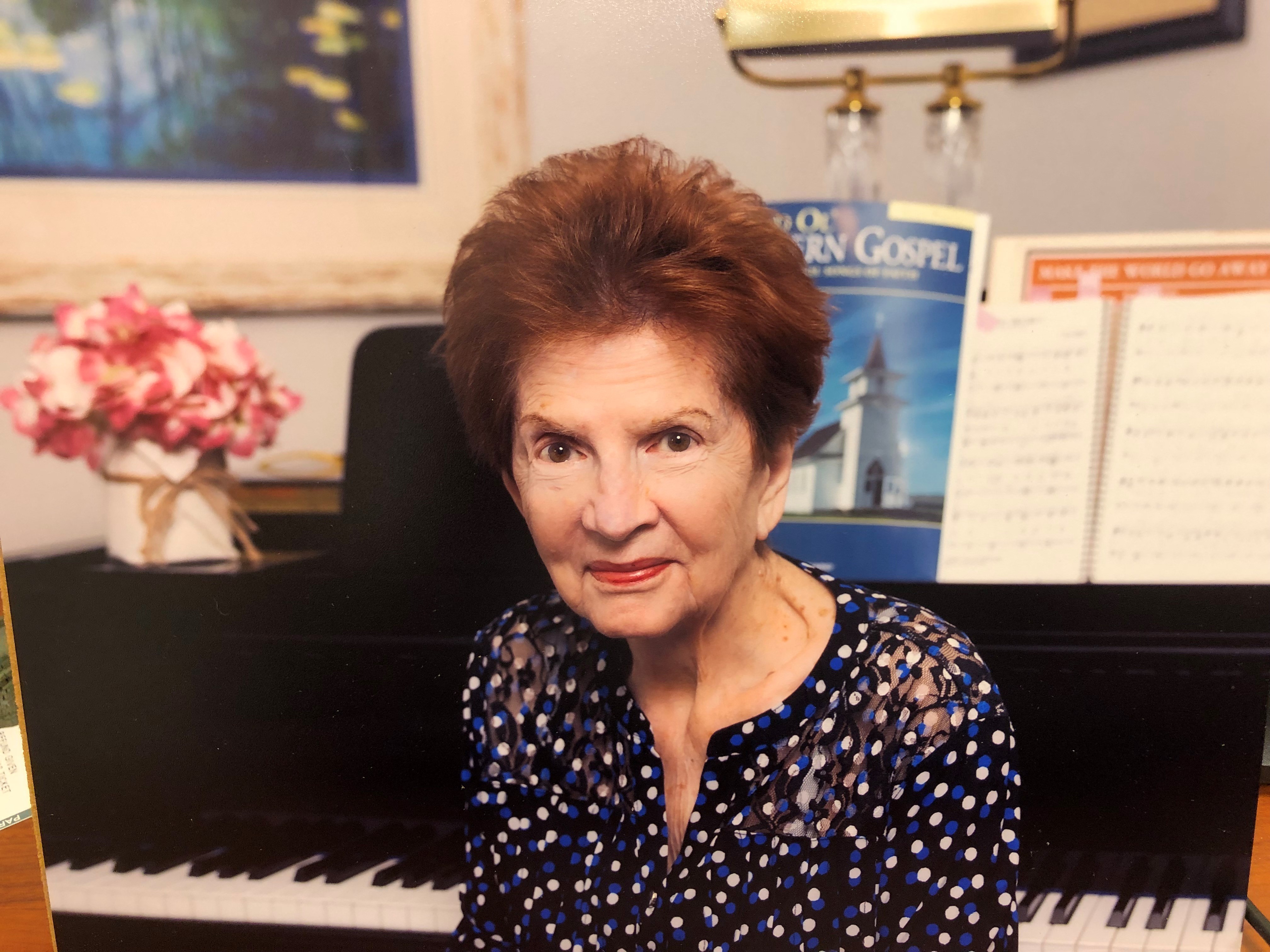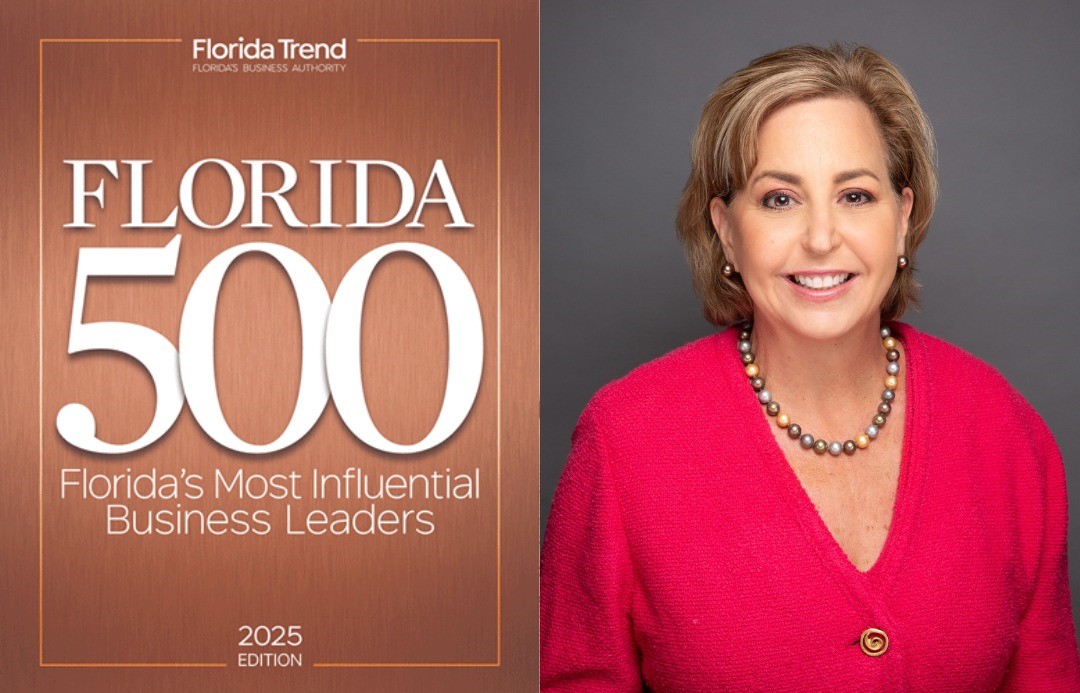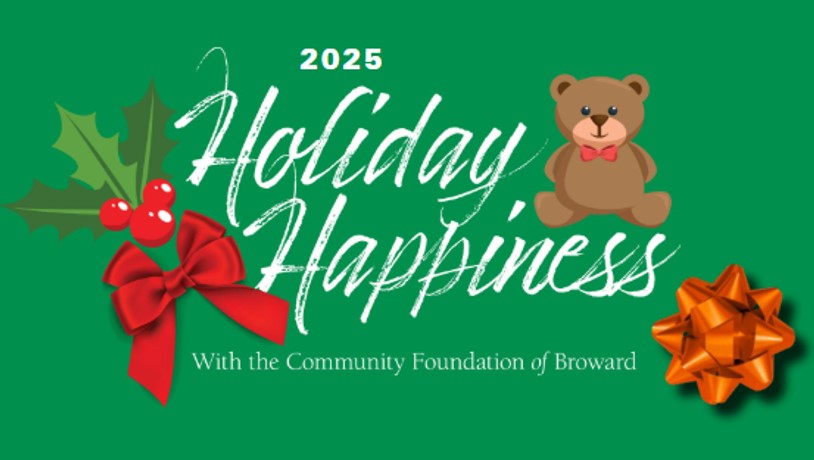
By Scott J. Bakal
Greenberg Traurig, P.A
Most professional advisors who work with Donor-Advised Funds (“DAFs”) are well familiar with the income tax benefits that arise from using DAFs. However, philanthropically oriented families can reap huge transfer tax benefits when using DAFs in connection with multi-generational planning.
While charitable gift bundling and the convenience of DAFS have been widely discussed, little attention has been focused on the use of DAFs for transfer tax planning. Many of our clients desire to leave legacy gifts to charities in their estate planning documents. However, gifts left by will (or revocable trust) will be less tax efficient than gifts given during life. This is because gifts left by testamentary documents will produce estate tax deductions but not income tax deductions. On the other hand, if a charitable bequest is made during life, the amount given to charity is out of the taxpayer’s taxable estate and also is eligible for a charitable income tax deduction; thereby effectively creating a double tax benefit. So how can a person make sure that their charitable bequest is satisfied only after their death but also qualifies for the double tax benefits of a lifetime charitable deduction? Create a DAF where the instructions to the sponsoring organization specify that the amounts are to be disbursed to charity only on the death of the donor. This can accomplish a donor’s goal of securing a lifetime income tax deduction for a gift that will not be distributed until the death of the donor.
Even greater estate planning benefits can arise for philanthropically inclined families where multiple generations already know that they will be supporting charities. Assume that grandmother has already utilized her lifetime exemption and is taking full advantage of annual exclusion gifts. Further, assume that her children and grandchildren are charitably inclined. Grandmother can allow her children to suggest contributions to be made by her DAF, with such contributions to be credited to her children and grandchildren. This allows grandmother to use her money to confer an economic benefit on her children and grandchildren, because her DAF is making contributions that would otherwise be paid by her children and grandchildren.
Similarly, assume that grandmother has had a discussion with her children and knows that each child is charitably inclined. Grandmother could fund her DAF during her lifetime with amounts not only sufficient to satisfy her charitable giving needs but an amount sufficient to satisfy her children’s own wishes after she dies. The funding of the DAF causes assets that would otherwise pass by grandmother to her children (and be subject to estate tax) to pass tax free to a DAF with her children as successor advisors. The Community Foundation of Broward has experience drafting agreements to implement this kind of planning for DAFs.
Lastly, imagine a family with two children, one child of which has several children in college, and the other child of which has no children. Grandmother is making annual exclusion gifts not only to both children but to all of the grandchildren. Perhaps grandmother is paying the college tuitions of her grandchildren. Grandmother wants to make the maximum amount of tax-free gifts possible, but is aware that one line of the family is benefiting much more than the other. Grandmother also knows that the child without children is charitably inclined and wants to treat both lines of the family equitably. Grandmother could transfer funds into a DAF and allow the child who is not benefiting from the making of the tax-free annual exclusion gifts or tuition payments to serve as advisor on that DAF. If that child is already charitably inclined, this allows the grandmother to make equalizing transfers to both sides of the family, without making any taxable gift.
These non-standard uses of DAFs will require some customization. To implement these strategies, it is essential to work with a DAF sponsor who has experience with customizing some of the provisions of the successor designator form, for instance. The Community Foundation of Broward staff has successfully implemented this kind of planning for a number of people.
Scott J. Bakal is a shareholder with the Fort Lauderdale office of Greenberg Traurig, P.A., specializing in income tax and private wealth planning.

Contact the Community Foundation of Broward at info@cfbroward.org or 954-761-9503.











%2Cb.jpg)







